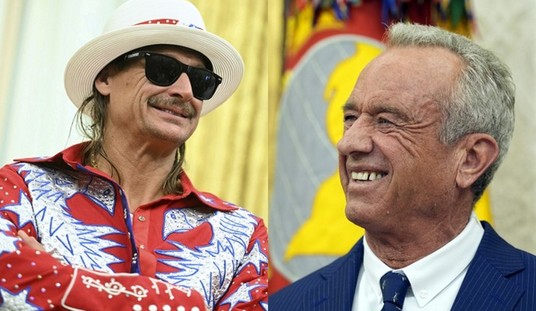At this point, I’m wondering if the situation is that Trump A) didn’t seriously consider all of the potential legal entanglements he would be faced with, if he won the presidency, or B) he never intended to win.
Ok. I’ve actually been saying he never intended to win for a while, now.
The issue with legal entanglements has reared its head, however.
According to a story released today from ABC News, there may be a very real issue surrounding the presidency and Trump’s newly opened D.C. hotel.
The hotel is an old postal services building that Trump renovated, pouring over $200 million into the work. He also has equity invested, so getting rid of the hotel, as some are urging him to do, could really hurt.
The conflict is contained in a clause of the very lengthy and complicated lease that was drawn up, regarding the building.
Dull save for clause 37.19 on top of page 103, which has suddenly become the subject of great discussion among experts on government contracting law, and not a few Trump critics.
If some of the experts are correct — a big if — the first 43 words of this clause could force Trump to relinquish his equity stake in the Trump International Hotel just down the street from the White House. The key part: No “elected official of the Government of the United States” shall be “admitted to any share or part of this Lease.”
“He’s going to have to divest himself of the hotel,” said John Sindelar, a former senior adviser to the head of the General Services Administration, the government agency that negotiated the lease three years ago. Sindelar left the agency in 2007.
At the time the lease was signed, Trump was not an elected official. I still maintain that he never thought he would be.
David Drabkin, once the GSA’s senior procurement officer, said he thinks the clause doesn’t apply to Trump because it only prohibits adding elected officials to the lease after it was signed, not banning original parties to it who subsequently get elected to office. He adds, though, that a president leasing the building is “absolutely untenable” because of other conflicts of interest issues.
While Trump is signaling that he plans to sign paperwork that takes himself completely out of the business, and says he’ll turn all operations over to his grown children, some experts are saying that won’t be enough to put to rest any conflicts of interest. They insist he must unburden himself from any ownership interests.
Since his election, government ethics lawyers have been urging Trump to sell his assets and put the money in a blind trust controlled by an outside party, not his children. They say that is the only sure way to avoid conflicts between his pursuit of private profit and the public good.
But aside from brow beating the president-elect, there is little critics can do. Federal conflicts of interest rule generally don’t apply to the president, a fact that Trump himself has emphasized.
The D.C. hotel may prove the exception, however, because he must follow the terms of the lease.
“It’s a breach of contract,” said Richard Painter, chief White House ethics lawyer for George W. Bush. “He’s got to get rid of the hotel.”
Of course, Democrat lawmakers are amping up the pressure to have this matter dealt with. People like Rep. Elijah Cummings are imploring the agency to press hard against Trump, in order to avoid what they see as a clear conflict that begins the moment Trump is sworn in as president.
Charles Tiefer, an expert in government contract law at the University of Baltimore, said the language in the contract is “unambiguous” and that Trump will clearly be in violation when becomes president. Tiefer served as the general counsel of the House of Representatives for 11 years before he began teaching and said the words are similar to ones used in rules prohibiting members of Congress from doing business with the federal government.
Painter, the former chief ethics lawyer for Bush, said the hotel is a problem for Trump in another way. If foreign diplomats stay at the hotel, as has been reported, then Trump could be seen as running afoul of the emoluments clause of the Constitution banning payments to the president from foreign governments.
Trump has showed steadfast refusal to follow other expected norms, in the past.
The public still hasn’t seen his tax returns.
This, however, could prove even more problematic, as he is no longer just a private citizen, but the president, and this is just one more entanglement he doesn’t need hanging from his neck, from the moment he takes office.













Join the conversation as a VIP Member